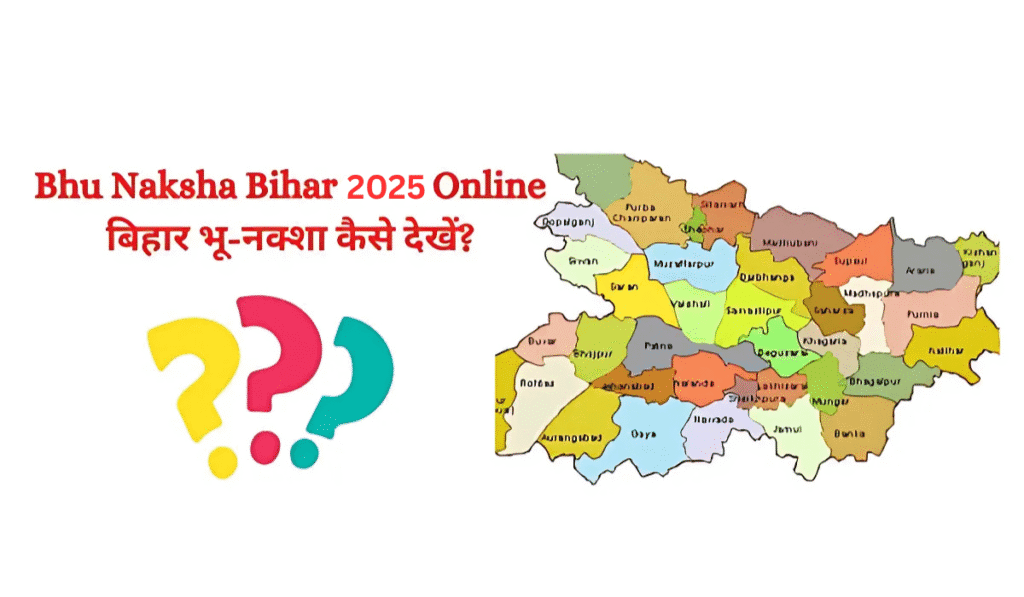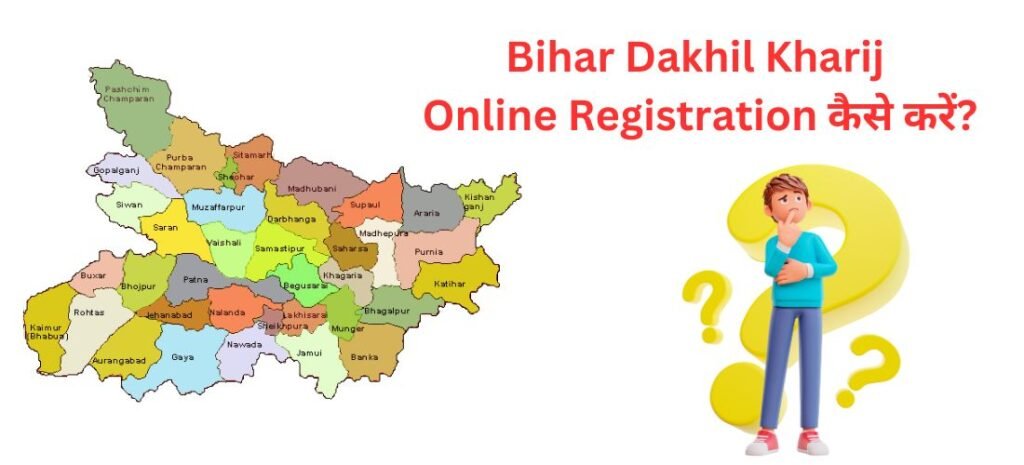If you’re still using “123456” or your dog’s name followed by a 7, we need to talk.
It’s 2025. Hackers aren’t sitting in basements guessing your password – they’ve got automated tools that can crack weak ones in seconds. And if you’re logging into anything even remotely important – banking apps, crypto wallets, or yes, even your yyy casino login – you need more than just “something easy to remember.”
Let’s break down how to make a password that doesn’t suck, why it matters more than ever, and what else you should be doing to keep your stuff safe.
Why Weak Passwords Are Still a Thing (And Still a Problem)
Here’s the funny-not-funny part: people know weak passwords are risky, but they still use them. A report just dropped showing that billions (yes, billions) of passwords have been leaked over the past few years. And the worst part? Most of them were reused across multiple sites.
So if your email password is the same as your casino password, and one gets hacked… well, you get the idea.
Think about everything tied to your logins. Money, identity, saved cards, personal messages. That one dumb password could cost you more than you think.
What Makes A Good Password (And Why Most Advice Sucks)
You’ve probably seen advice like “use special characters!” or “make it at least 8 characters long!” That’s great if we’re living in 2010. But today’s hackers eat that stuff for breakfast.
Here’s what actually works in 2025:
- Make it long: At least 12 characters. More is better.
- Use a mix: Letters (both cases), numbers, symbols. Get creative.
- Skip the obvious stuff: No names, birthdays, or “qwerty.” If it’s on a mug, don’t use it.
- No repeats: Every account gets its own password. No copy-paste jobs.
One trick I like? Use a random passphrase. Like PurpleMonkeyCoffeeRocket! or BananaSwimsuit94Horse. It’s weird enough to remember but tough for anyone to crack.
Don’t Just Rely On The Password
Strong passwords are great, but they’re not bulletproof. That’s where 2FA (two-factor authentication) comes in. It’s basically a second lock on the door.
With 2FA enabled, you’ll have an extra line of defense. Even of someone uses your password, they’ll need a code to access your account. It’s like having a bouncer who only lets you in if you show ID and know the secret handshake.
Most legit sites offer you the option to enable 2FA for that extra layer of peace of mind. And trust me, it’s worth the extra few seconds during login.
Password Tips That Actually Work
Let’s be real – nobody wants to remember 20 strong passwords. That’s where password managers come in. Tools like Bitwarden or 1Password generate and store complex passwords for you. All you need to remember is one strong master password. Easy.
Also:
- Change your passwords every now and then – especially if you’ve been reusing them.
- Stay away from phishing links – they’re getting sneakier every day.
- Don’t store passwords in plain text on your phone’s Notes app. Come on, now.
Bottom Line: Protect Your Stuff Like It’s Worth Something
Because it is.
Whether you’re logging into your email, managing your online banking, or checking your latest spins via yyy casino login, your personal info deserves to be protected. We’re way past the days of “password123.”
So give your digital self the respect it deserves. Create strong passwords. Use 2FA. And treat security like it actually matters – because in 2025, it does more than ever.
And hey, if that means spending five extra seconds typing in a passphrase that looks like it was generated by a caffeinated raccoon? Totally worth it.


